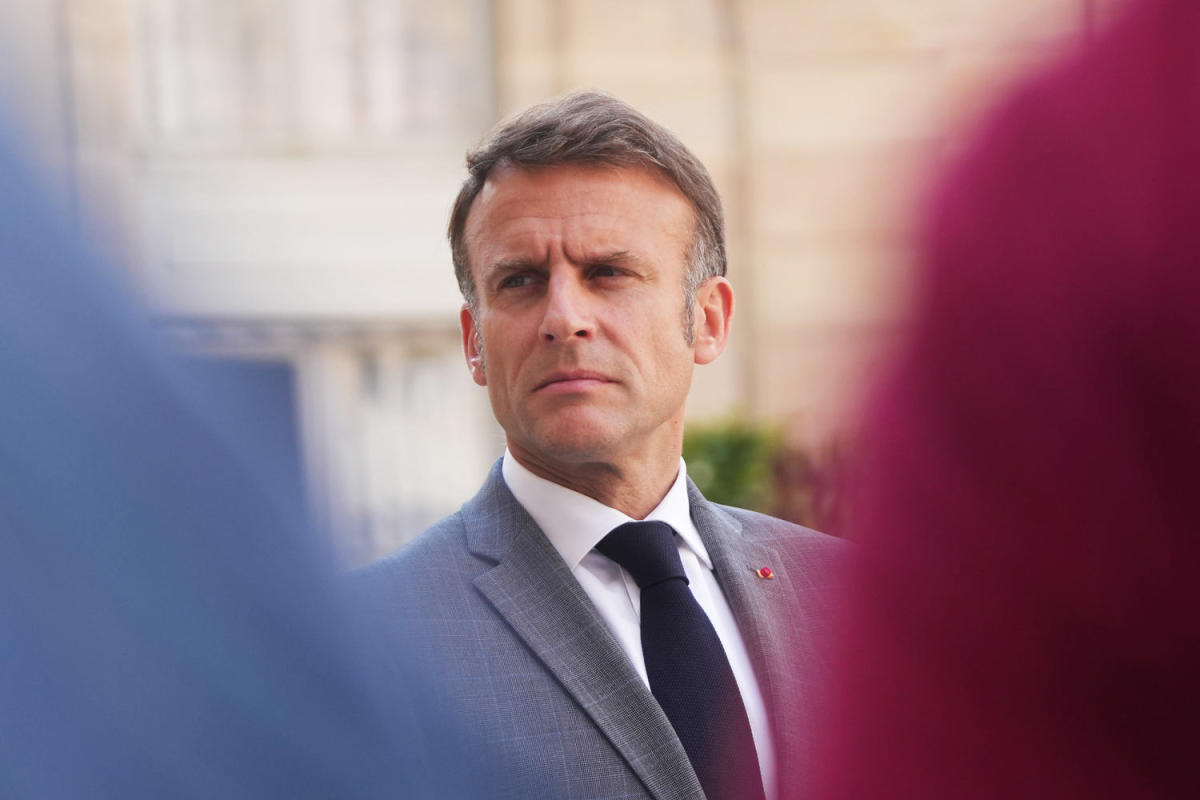In the rural village of Source-Seine in northeast France, with just 72 voters, there are no candidates running in support of President Emmanuel Macron. The mayor, Sophie Louet, notes the absence of Macron-style centrists in the tiny hamlet, reflecting a larger trend throughout the country. In the upcoming election, the far-right National Rally leads in the polls, followed by the leftist New Popular Front coalition, with Macron’s coalition trailing behind. The collapse of the center and the rise of the extremes are causing shock waves across France, leading to uncertainty and disillusionment among voters.
The National Rally, led by Marine Le Pen, has softened its image in recent years but maintains anti-immigration and Islamophobic stances. The party has proposed measures benefiting the working class, resonating with voters struggling with economic issues. The choice between the political extremes is described as “difficult” by residents in Source-Seine, with some expressing disillusionment with politics and society.
As the election approaches, concerns about political instability and security are growing. The possibility of a hung Parliament and potential for violent protests add to the uncertainty facing France. External actors, such as Russia and Iran, are also targeting French voters through misinformation campaigns and cyber operations. The upcoming election and its aftermath will have far-reaching implications for France and its future direction.

